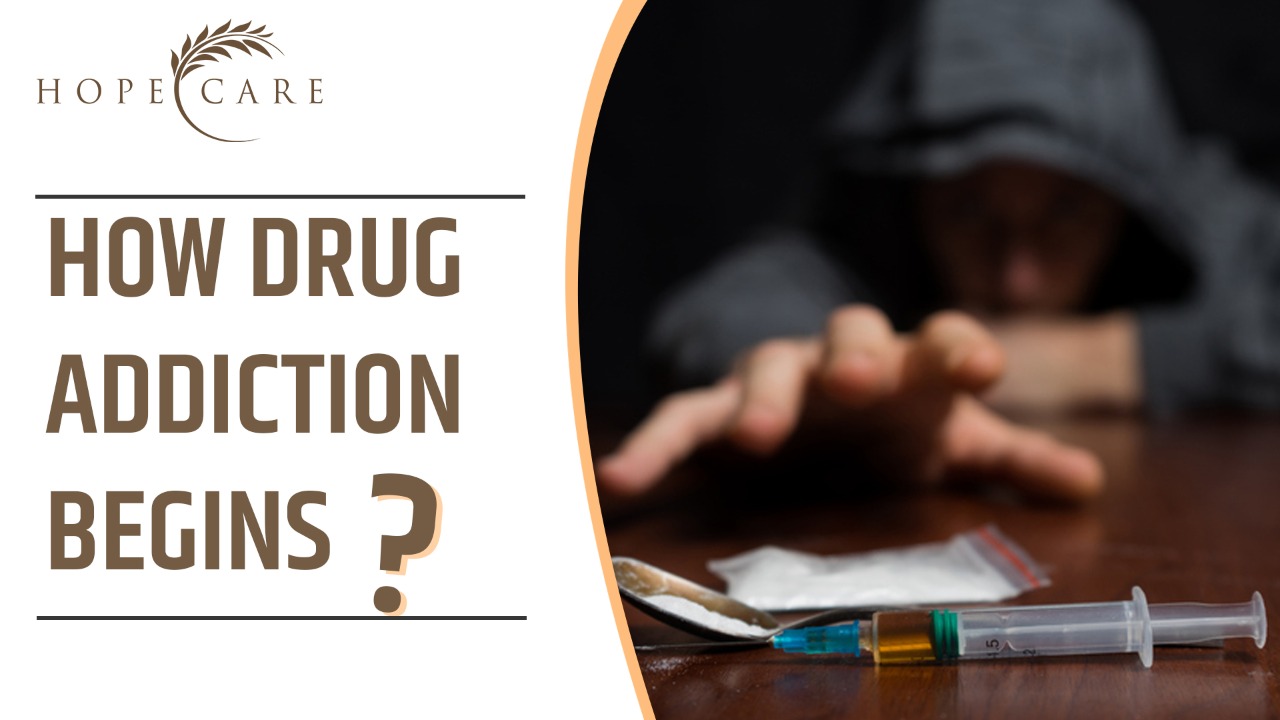Overcoming drug addiction is akin to turning the pages of one’s life to begin a new chapter. The process is not just about cessation; it’s about reinvention, rebuilding, and rediscovering oneself. Whether you or a loved one is on this journey, understanding the myriad aspects of rehabilitation and integration into a new sober life is crucial. Keep reading to explore the paths toward a meaningful and drug-free existence, as well as practical advice to sustain it.
Embracing a New Beginning After Drug Addiction
Embracing change is essential for recovery after drug addiction, starting with medically supervised detoxification to clear the body and initiate healing. Addressing the psychological and emotional aspects is equally important, and therapy, self-reflection, and support from others with similar experiences can help individuals manage feelings of doubt and fear of relapse.
Seeking forgiveness from oneself and others impacted by addiction is a powerful step toward self-acceptance and liberation. Recovery is a continuous journey that requires commitment, and celebrating small victories along the way reinforces the belief that a new beginning is possible and unfolding every day.
Establishing a Supportive Environment for Recovery
A supportive recovery environment is essential for individuals rebuilding their lives after addiction. This includes a stable home life, a community that understands recovery challenges, and ongoing support from family and friends. Living arrangements that eliminate triggers and provide a sanctuary can increase the chances of a successful recovery.
Community support groups, both virtual and in-person, offer shared experiences and mutual support, providing a sense of belonging. A healthy work environment, with low-stress jobs and employer support, can also contribute to overall well-being. The home is where recovery is truly tested, and clear communication with household members can establish boundaries and promote healthy lifestyles.
Navigating Social Relationships Post-Addiction
Rebuilding social relationships post-addiction involves reconnecting with loved ones while setting boundaries with those who may not support recovery. Clear communication is crucial in expressing needs and limits to friends and family. It’s often necessary to reassess friendships, stepping away from those that threaten sobriety and seeking new circles that align with a drug-free lifestyle.
Engaging in volunteer work can offer meaningful social interactions and boost self-esteem, reinforcing recovery efforts. For instance, Volunteering for a mission trip can further enrich this experience by allowing individuals to engage with diverse communities, foster a sense of belonging, and contribute to a greater cause.]Pursuing further education, such as a UC Online paralegal program, not only advances professional goals but also provides a structured environment for sober relationships to thrive. Pursuing further education, such as a UC Online paralegal program, not only advances professional goals but also provides a structured environment for sober relationships to thrive.
Developing Healthy Habits for a Drug-Free Life
Healthy habits, such as regular exercise, nutritious eating, adequate sleep, and stress management, are essential for a stable, drug-free life. Physical activity boosts mood and reduces cravings, while proper nutrition restores body balance. Mindfulness and meditation help maintain sobriety by improving emotional regulation and avoiding triggers.
Creative outlets like art, music, and writing provide a sense of accomplishment and joy. Structural routines create a sense of normalcy and predictability, reassuring individuals during the unpredictable journey of recovery. Staying organized and setting realistic goals helps individuals feel in control and focused on the future.
Finding Purpose and Building a Fulfilling Future Without Drugs
During recovery, finding purpose can serve as a guide, originating from various sources such as a fulfilling career, helping others, or personal passions. Engaging in activities that bring joy and achievement reinforces the value of a life without drugs. Setting long-term goals, such as career, personal growth, or relationships, provides direction and motivation during difficult times.
Education and skill development can help uncover new passions and open doors to opportunities that were not possible during addiction. Spiritual growth, whether through organized religion, spirituality, or personal values, can provide meaning beyond the material aspects of life and ground individuals in recovery. These factors contribute to a purposeful future and a life without drugs.
Overall, the road to a drug-free future is paved with self-discovery, support, and a determination to live a life filled with purpose. By cultivating healthy habits, nurturing supportive relationships, and finding personal fulfillment, individuals can build a foundation for a fulfilling, substance-free existence. While challenges and uncertainties remain inherent in the journey of recovery, with each day comes the opportunity to write a new page in the story of one’s life.



